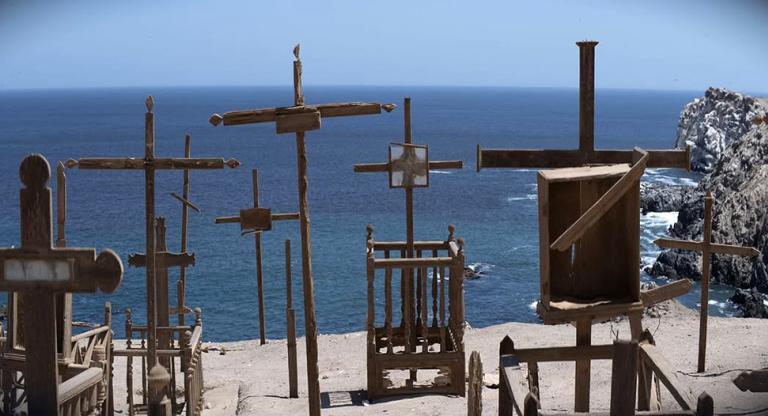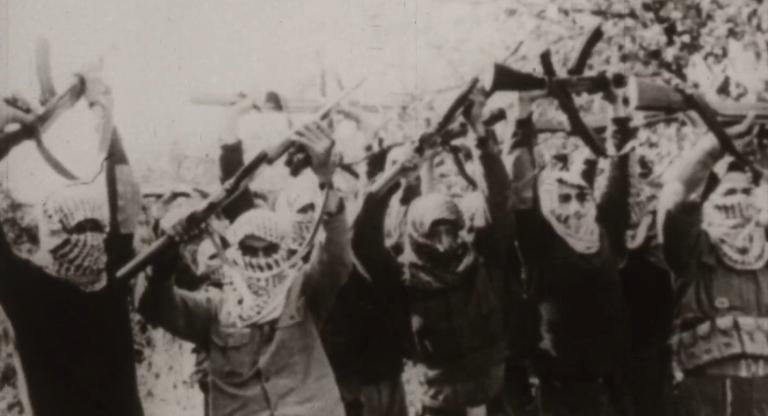Few filmmakers have seemed to shun public goodwill as much as David Cronenberg has in the course of his illustrious, albeit polarizing, career. His early feature film work, Shivers (1975) and Rabid (1977), flirt with conventions of exploitation cinema while offering something more outwardly cerebral and didactic than their grindhouse contemporaries. The Brood (1979) and Scanners (1981 pushed Cronenberg into the “body horror” genre for which he would become known and inched him closer to the mainstream, offering a heavy dose of gory spectacle alongside his political bent. In 1983, he followed the successful Scanners with two major-studio films in the same year, Videodrome (for Universal) and The Dead Zone (for Paramount), though only the latter turned a profit. Cronenberg worked with 20th Century Fox for his next film, his first remake, The Fly (1986), far and away his most expensive and successful film to date.
Following the success of that film, he stayed with Fox for Dead Ringers (1988), his most intimate and beguiling film. A horror-tinged drama about twin gynecologists that fall for the same woman, it earned Cronenberg critical acclaim and awards recognition but proved to be a commercial failure. Cronenberg’s next film would be his strangest to date, tackling William S. Burroughs’s long-gestating Naked Lunch, a novel that alienated and confounded readers across the world since 1959 but had never been adapted, though it was optioned in the mid-’60s by Conrad Rooks, the director of Chappaqua (1966).
For Cronenberg’s Naked Lunch (1991), he receives sole screenplay credit. Rather than rigorously follow the text, which Burroughs wrote to be read in any order of the reader’s choosing, Cronenberg attempts to apply something resembling a linear timeline to the narrative. The novel is a diary of drug use, offering a series of hypnotic visuals that exist in a rhythm with his vernacular language, but Cronenberg structures his film as a darkly humorous sci-fi saga: the story of a man who winds up in a intergalactic conspiracy after accidentally killing his wife. That the story also includes hallucinogenic drugs, giant bugs, and grotesque sexuality has as much to do with Cronenberg as it does Burroughs.
The film doesn’t solely pull from Burroughs’s novel for inspiration but also his other works, particularly the short story “Exterminator!,” and moments from his real life. In another filmmaker’s hands, this could make the film feel erratic, but Cronenberg injects it with a cohering vibrancy. Unsurprisingly, Naked Lunch was a massive commercial failure, though it won Cronenberg Best Director and Best Writer awards from the National Society of Film Critics. Perhaps audiences in 1991, the year of Home Alone and Robin Hood: Prince of Thieves, weren’t ready to watch Peter Weller rub his fingers around the pulsating, talking anus of a prosthetic bug, but fortunately for the rest of us, Croneberg did it anyway.
Naked Lunch screens this afternoon and this evening, September 21, at the Quad as part of the series “Jeremy Thomas Presents.”


